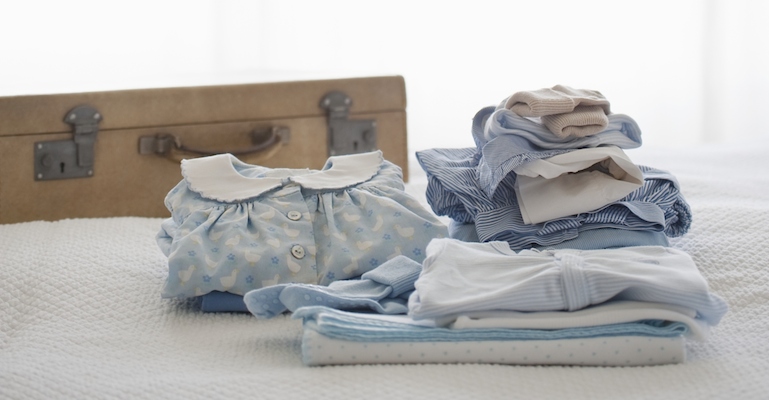When I was 20, I worked in a nursing home. One day I overheard a conversation between Minnie, one of the nursing assistants, and a woman named Amelia, who called her patients her babies. I was microwaving soup, trying not to listen to Minnie sell the idea of foster-parenting to Amelia as if it were a piece of questionable real estate. “It’s not bad at all,” Minnie said, “and you can’t beat the money.” If they took in one more foster kid, they’d be able to buy a hot tub. My soup had gone volcanic, bubbling over the sides. There was nothing to do but chuck the whole thing or dump it over Minnie’s head. That was the other way to go.
I was four when my parents left — separately, a few months apart. My sisters — the eldest, Teresa, and the youngest, Penny — and I were made wards of the Fresno County Court. It was 1970. Because the court order stipulated that my sisters and I stay together, our social worker, Mrs. O’Rourk, had trouble placing us. We were an instant difficult family — just add water. Going to a group facility hung over our heads, and Mrs. O’Rourk used this to gain sympathy. It worked on our third set of foster parents, a young couple plagued by infertility and the nicest people we’d ever known.
Our first night they told us we could call them Mom and Dad, but only if we were comfortable. The next day, they took us to each pick out a bicycle. I thought, if this is the only good thing that happens, it will be enough. But sympathy could not have possibly prepared Samantha and Tom for us. We couldn’t stop wetting the bed, or the crying jags that came out of nowhere. And then there were the nightmares featuring shadows that looked a lot like our previous foster father, Mr. Clay, who, though he was old enough to be our grandfather, wasn’t grandfatherly at all. He was creepy and lascivious.
I remember sitting on the edge of my bed with Samantha, who had led me there after finding me behind the couch, touching myself. “It’s not wrong, masturbation,” she said. It’s just — people keep it to themselves.” I had never heard the word masturbation before, but I told her I wouldn’t do it anymore. I could see she didn’t know what to do with us. You’re doing fine, I wanted to say, better than anyone else ever has.
One night, seven months into our stay, Samantha and Tom sat us down for a family talk. The Mod Squad was on TV, and I couldn’t stop watching as Tom told us that his office was transferring him to San Francisco. We were wards of the court. We’d have to stay and find new parents.
Enter Erika and Bub. In their bedroom there was a space between the water bed and the dresser just big enough for a girl to sidle into. Penny hid there when she called Samantha. It happened several times. Finally Samantha phoned Erika: someone needed to explain to Penny why she couldn’t call anymore. We all had to move on; it was for the best. Samantha and Tom hadn’t been transferred after all. Maybe the job fell through, or maybe there hadn’t been one.
I was in the system for 14 years, with my sisters the whole time. This saved my life, I’m sure of it, and yet I remember wondering then whether we kept getting passed along because there were three of us. Recently, this question rose, stingingly, once more when I heard of a pilot program in Massachusetts, where a handful of families are earning at least $20,000 a year to care for sibling groups. The pilot program, called Sib-Links, is a costly and innovative response to a crisis in the foster-care system: the number of children needing care — more than half a million — has doubled since 1985, while the number of foster families has diminished slightly. Its too early to tell whether the new program will increase the number of foster parents or boost the level of care, but I fear the financial incentive will draw families driven less by good intentions than by hard need.
That day in the nursing home, as I stormed down the wheelchair-lined corridors, I couldn’t help wondering if some of our foster parents took us in just for the checks. Maybe, but would that be any more painful than what happened with Samantha and Tom? I thought someone finally wanted us enough to keep us, no matter how tough it got. I was wrong.



